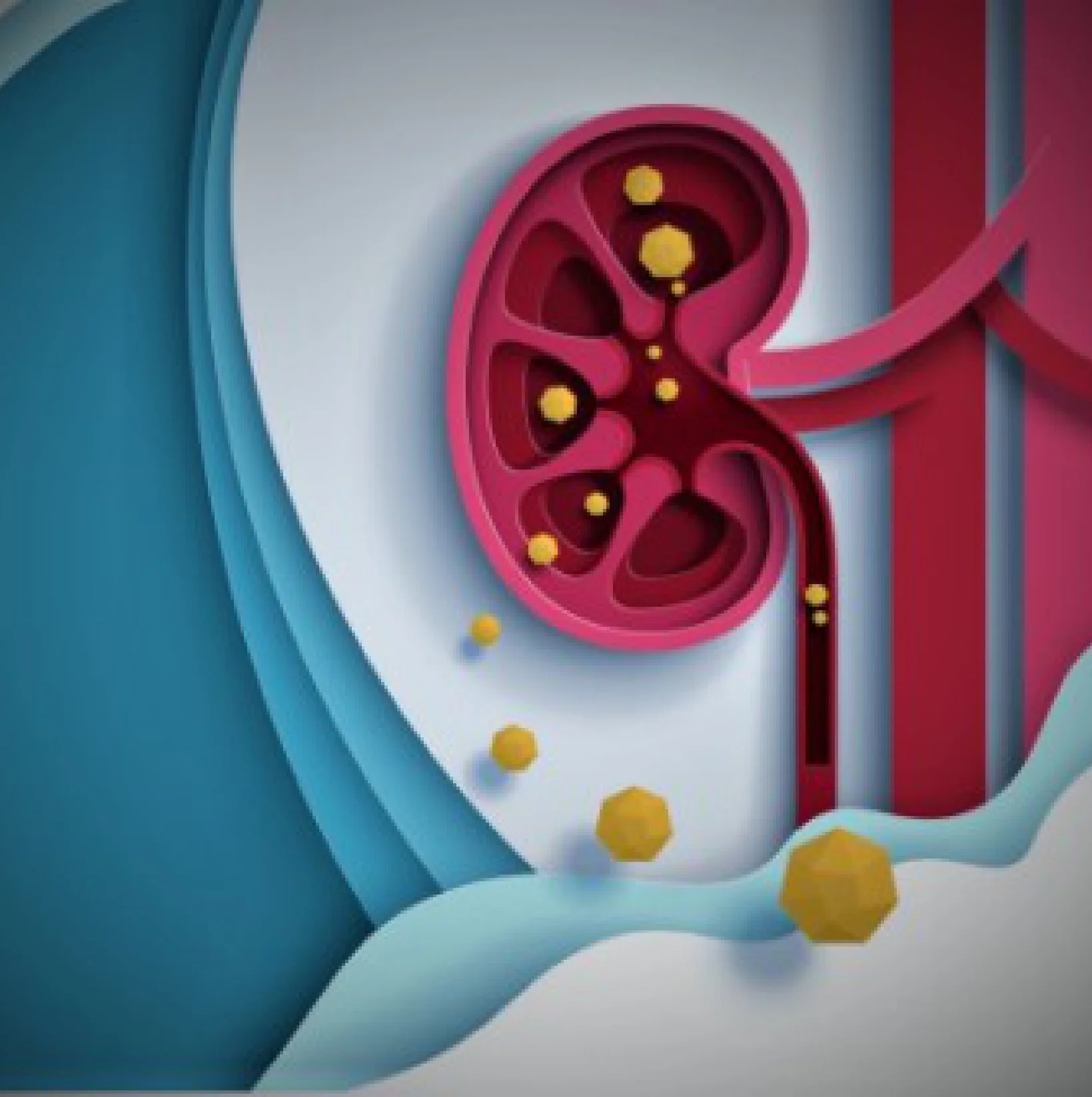
Department of Radiology
Welcome To Gangasheel Hospital
What is Renal Stones ?
Kidney stones (also called kidney stones, nephrolithiasis, or urinary calculi) are hard deposits of minerals and salts that form in the kidneys.
Diet, obesity, some medical conditions, and certain dietary supplements and medications are among the many causes of kidney stones. Kidney stones can affect any part of the urinary tract, from the kidneys to the bladder. Stones often form when urine becomes concentrated, which causes minerals to crystallize and stick together.
Although passing kidney stones can be quite painful, stones usually do not cause permanent damage if detected early. In some situations, taking pain relievers and drinking plenty of water is all that is needed to get rid of a kidney stone. or if it causes complications, surgery may be needed.
Kidney stones usually cause no symptoms until they travel either within the kidney or into the ureter. The ureter is the tube that connects the kidneys and the bladder.
When a kidney stone becomes lodged in the ureter, it blocks the flow of urine, causing the kidney to swell and spasm in the ureter, which can be very painful. At this point, the following symptoms may occur:
- Severe, piercing pain in the side and back below the ribs
- Radial pain in the lower abdomen and groin
- Waves of varying intensity
- Pain or burning when urinating
Kidney stones often don't have a single specific cause, but several factors can increase your risk.
Kidney stones form when urine contains more crystal-forming substances (calcium, oxalic acid, uric acid, etc.) than the fluid in the urine can dilute. At the same time, urine may lack substances that keep crystals from sticking together, creating an ideal environment for kidney stones to form.
Some kidney stones are as small as grains of sand. Others are about the size of a pebble. Some are as big as golf balls! In general, the larger the stone, the more noticeable the symptoms.
Symptoms are one or more of the following:
- Severe pain on both sides of the lower back
- Very vague pain or persistent abdominal pain
- Blood in the urine
- Nausea or vomiting
- Fever and chills
- Urine smells bad, or looks cloudy
There are several ways to reduce the risk of kidney stones, including:-
- Drink water: Drink at least six to eight 8-ounce glasses (about 64 ounces) each day. Staying hydrated will help you urinate more often, which will “wash out” the buildup of substances that cause kidney stones. If you sweat a lot, drink more.
- Salt limit: Eat less salt. We recommend contacting a nutritionist to plan your diet.
- Decrease: If you're overweight, try losing a few pounds. Talk to your doctor about your ideal weight.
- Take a prescription: Your doctor can prescribe some medicines to help prevent kidney stones. The type of medicine depends on the type of stone.
Treatment of kidney stones is similar in children and adults. You may be asked to drink plenty of water. Doctors try to remove the stone without surgery. You can also get drugs that reduce the acidity of your urine. However, if it is too large, obstructs urine flow, or shows signs of infection, it is surgically removed.
Shock wave lithotripsy is a non-invasive procedure that uses high-energy sound waves to break stones into pieces, making them easier to pass in the urine. In ureteroscopy, an endoscope is inserted through the ureter to remove or block stones. Rarely, for very large or complicated stones, doctors use percutaneous nephrolithectomy/nephrolithotripsy.
Yes, Renal Stones treatment is available in Bareilly at Gangasheel Hospital by the team of expert Radiologists in the city.
